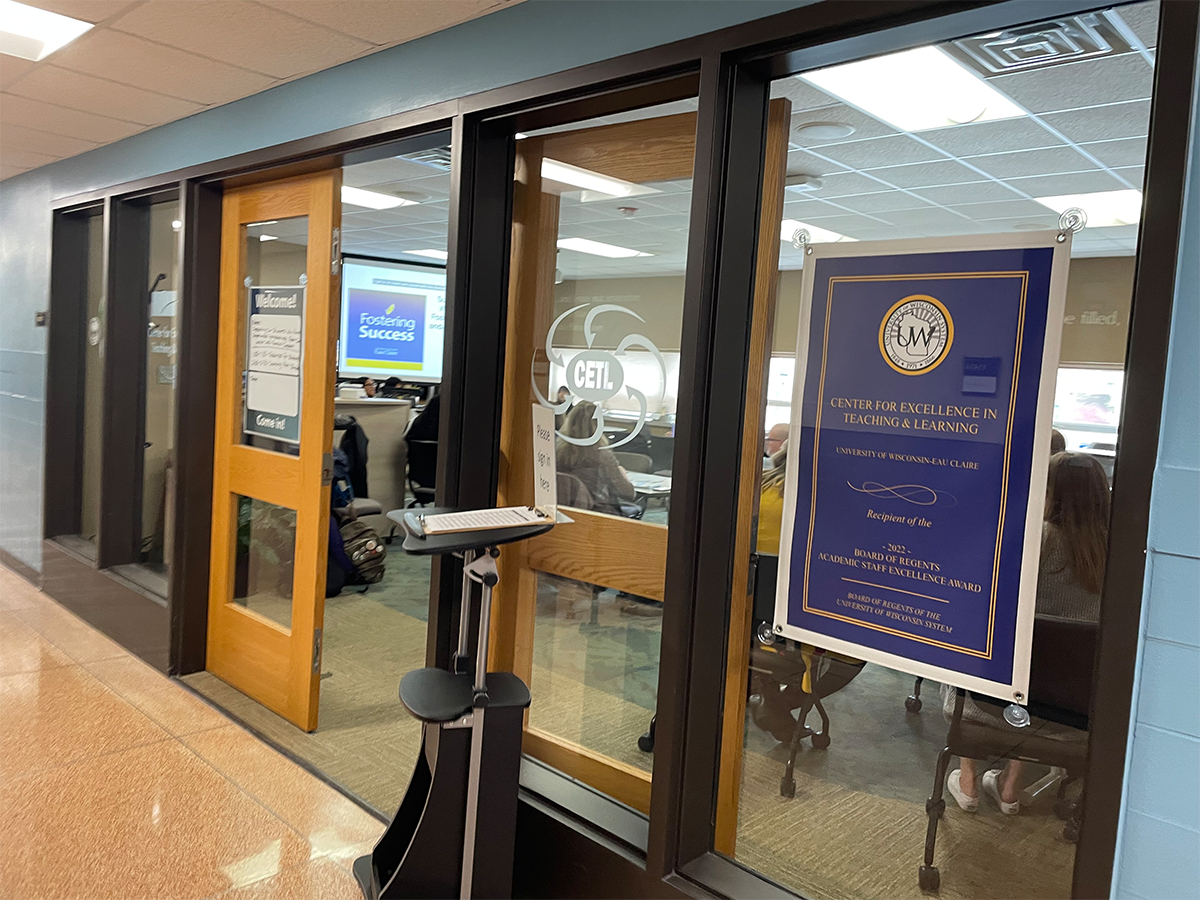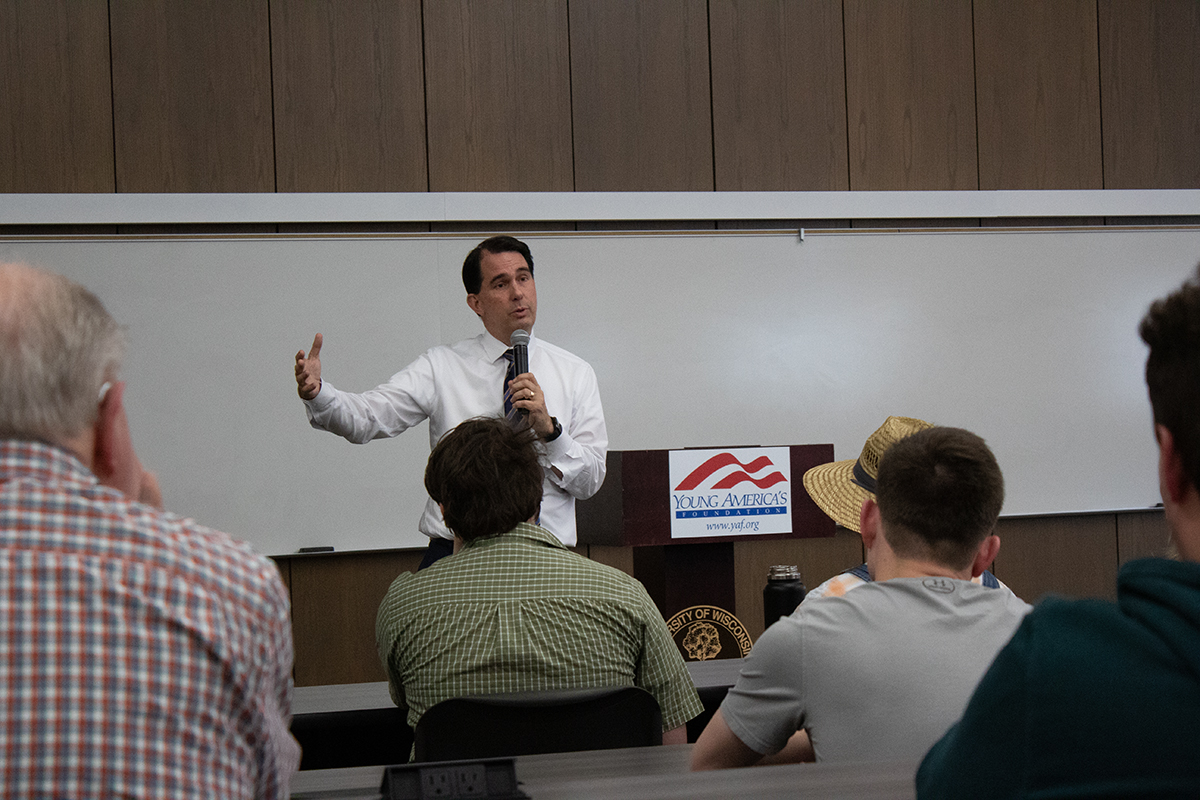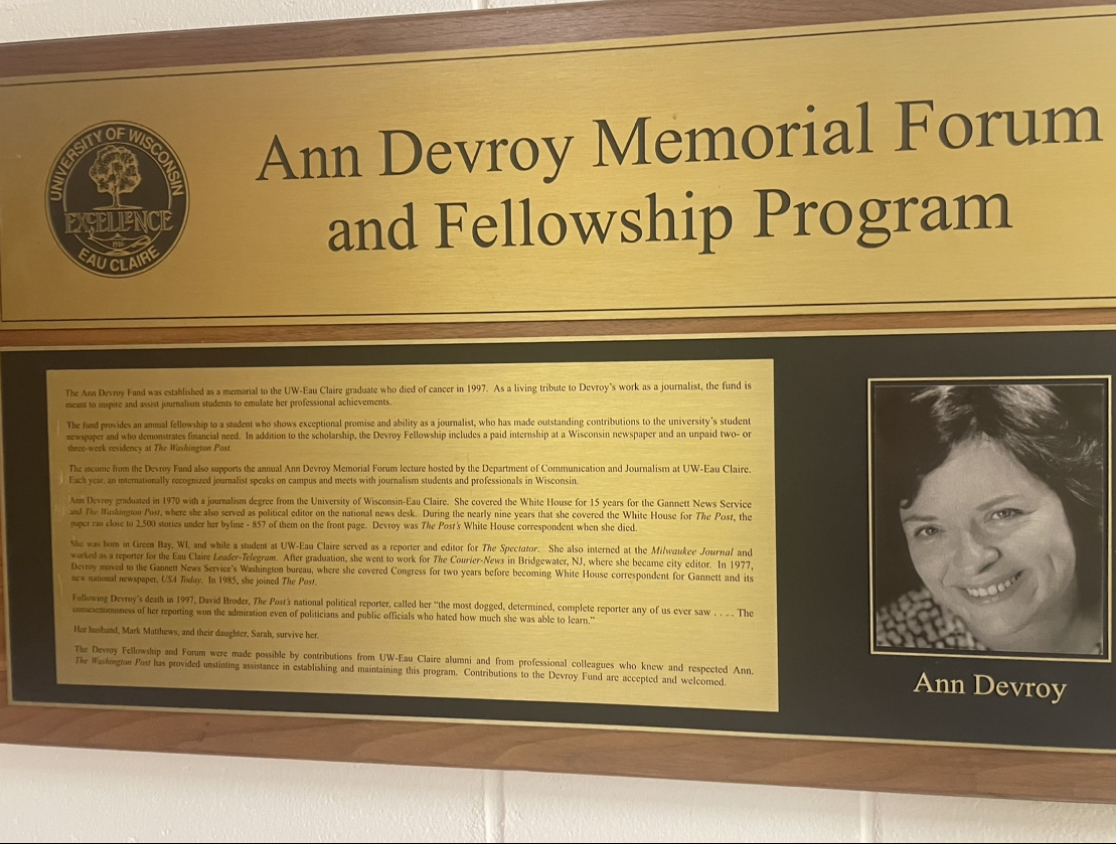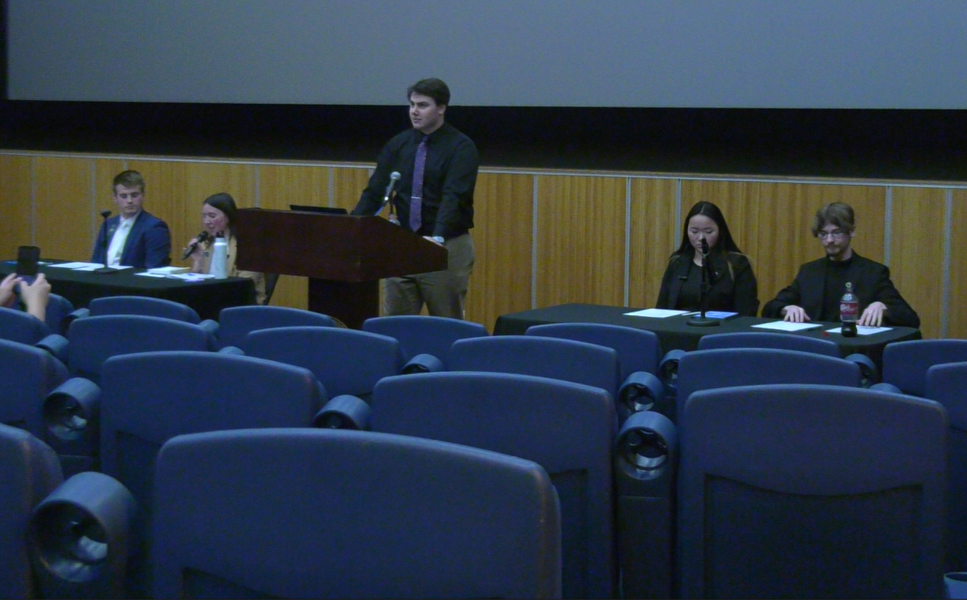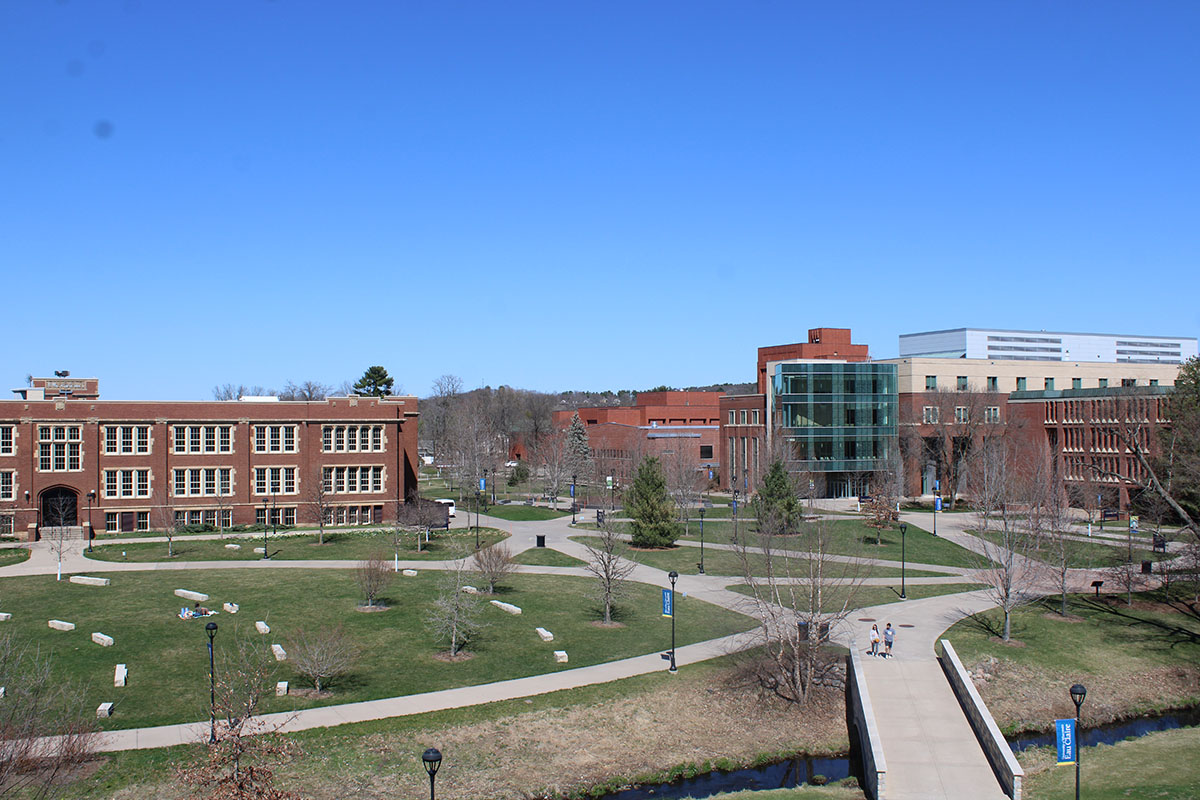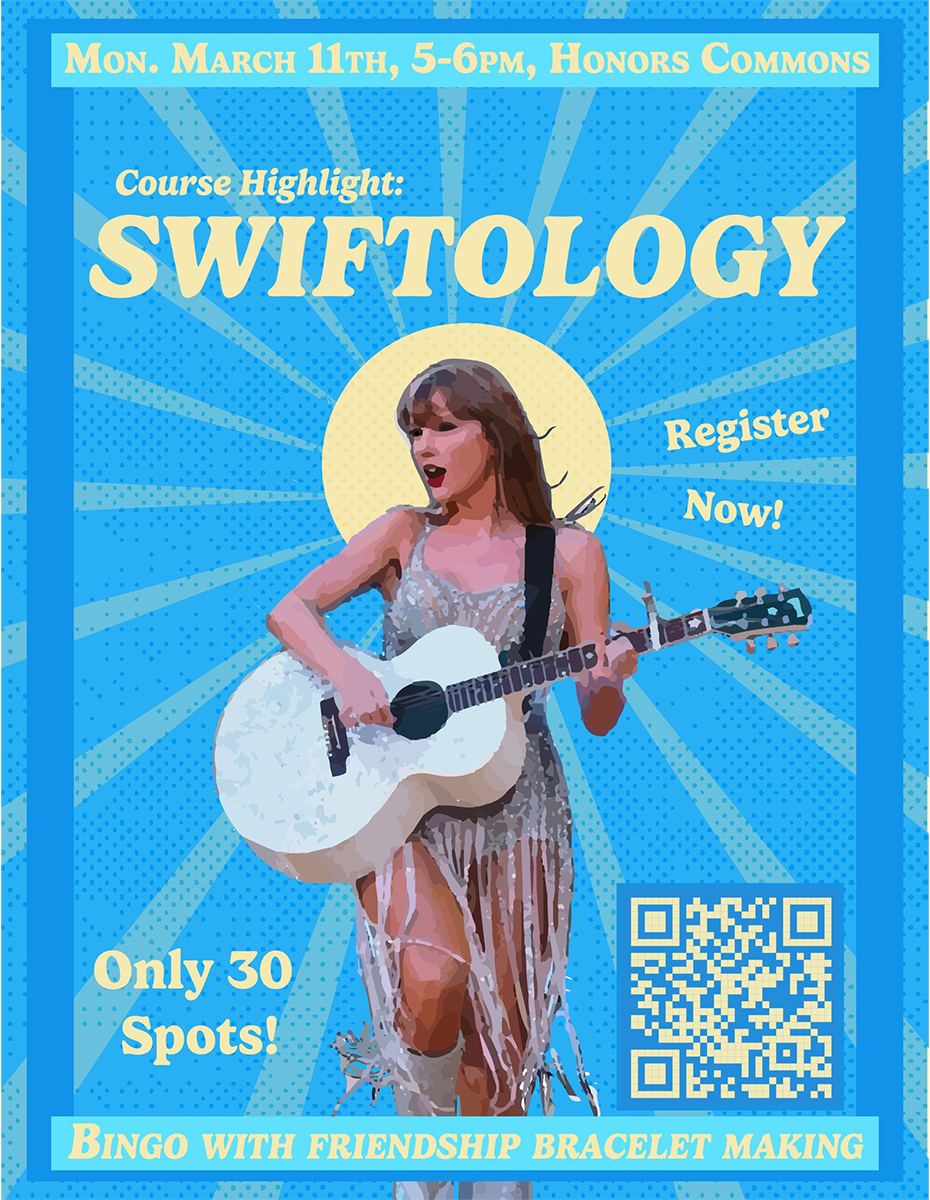 Butch McCartney
Butch McCartneyIt upset sophomore Eric Ristau when a couple of his friends told him they were harassed and followed across campus by religious demonstrators earlier this month.
The content of what the demonstrators shouted at them didn’t bother Ristau, but rather, the ferocity the speakers had while pursuing his friends.
“They were followed all the way from Phillips to Hibbard being told they were ‘damned to eternal suffering,’ ” Ristau said. “Where can we draw the line?”
This argument arose Wednesday during a discussion on campus demonstrators during the Chancellor’s Roundtable, which consisted of 17 students and four administrators.
Inciting violence and harassing students are unacceptable, said Bob Shaw, associate dean of students. None of the administrators at the Roundtable said they had been contacted on the case of Ristau’s friends, but they disliked the way the protestors behaved while on campus.
There will always be disagreement on the issue of the limits of free speech, Chancellor Donald Mash said, adding that there is no simple and easy way to reach agreement.
“We live in a gray world,” he said.
Sophomore Lee Hericks said the pictures of aborted fetuses that abortion protestors displayed on campus were offensive. The images upset students and they shouldn’t have to see them, he said.
“Imagine someone who went through an abortion saw (those pictures),” he said. “They stepped over a boundary.”
Before talking about the issue of the demonstrators, Mash led a discussion on citizenship and the relationship between students and the community.
“It has to do with students here at the university – their lifestyles, mode of interacting on campus and off campus,” Mash said.
The debate centered primarily on problems with intoxicated students creating disruptions in the neighborhoods around campus.
Mash responded to comments made in newspaper articles debating that drinking is the right of students.
“I wouldn’t argue with that,” Mash said. “The problem is the misuse of alcohol that causes a student to do something crazy.”
The things that disturb the community are done by students on their way home from the bars or parties, Mash said. City residents complain when students damage property or cause other problems.
“(Alcohol abuse is) a serious issue nationally because the increase is significant,” he said. “We understand that the culture in Wisconsin is drinking beer – in part.”
Wisconsin has a higher percentage of consumption of alcohol than other states, Mash said. Drinking isn’t only an issue for university students but for people in every age group.
The students who damage property give all college students a bad name, he said.
“Students get painted with a broad brush,” Mash said.
The image of alcohol use as consequence-free is partially to blame, Shaw said.
“We see human issues that are of concern to us as caring individuals,” Shaw said. “Nobody here is trying to stop the consumption of alcohol. This is about binge drinking and misuse of alcohol.”
The debate then shifted to parents’ roles in a student’s drinking habits.
Mash and Shaw agreed that the university doesn’t want to report student infractions to parents unless the student is at risk for personal harm.
“Our experience,” Shaw said, “is to treat students as adults.”

